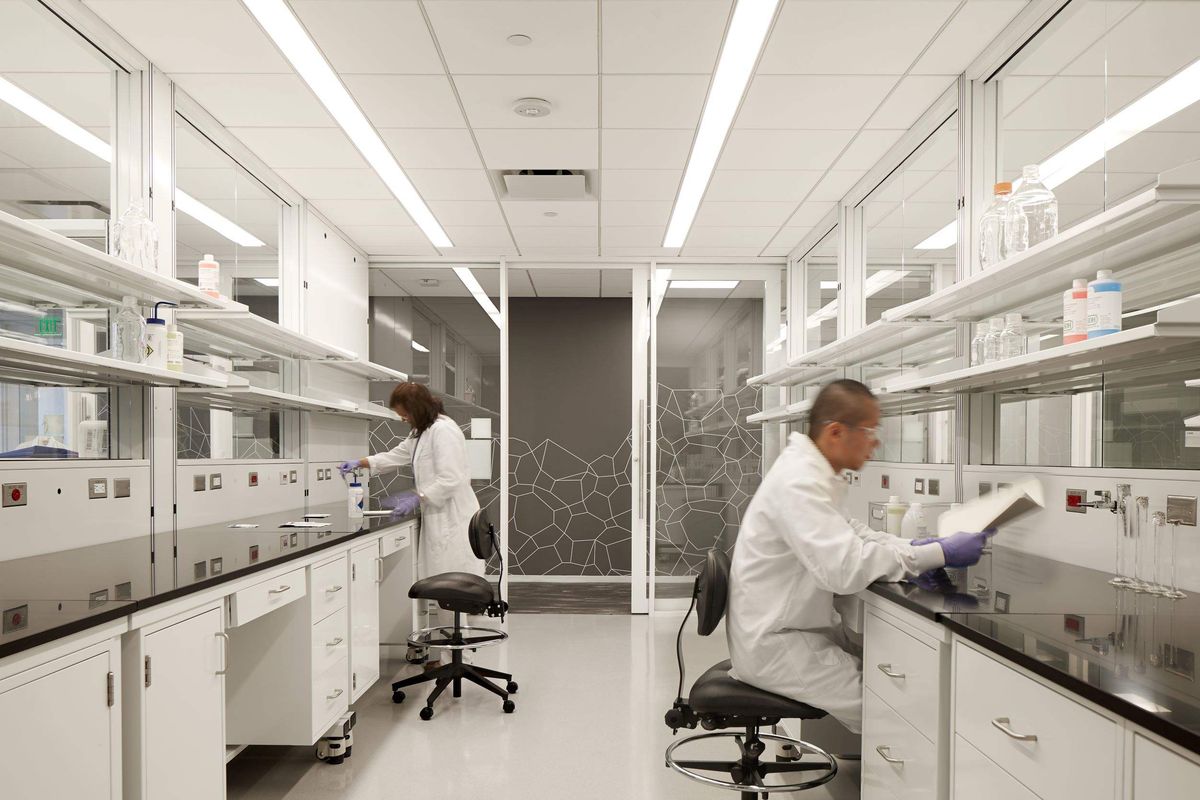Houston's 13 best midsize companies and more innovation news to know
Trending Topics
Editor's note: The top innovation news from the second half of the month includes new leaders at innovative Houston organizations and a ranking of the best midsize businesses from Time. Here are the five most-read InnovationMap stories from July 15-31, 2025:
13 Houston businesses appear on Time's best midsize companies of 2025

13 Houston-area businesses ranked on Time magazine's best midsize companies list. Photo via Getty Images
Houston-based engineering firm KBR tops the list of Texas businesses that appear on Time magazine and Statista’s new ranking of the country’s best midsize companies. KBR holds down the No. 30 spot, earning a score of 91.53 out of 100. Twelve other Houston-based companies landed on the list. Continue reading.
Digital Health Institute's new exec director aims to lead innovation and commercialization efforts

Pothik Chatterjee was named executive director of Rice University's and Houston Methodist's Digital Health Institute, effective May 1. Photo courtesy Rice University.
Though our existences have become deeply entangled with technology, our health has been slower to catch up. The creation late last year of the Digital Health Institute was a major step into the future for both Rice University and Houston Methodist, for whom the institute is a joint venture. The latest news for the Digital Health Institute is the appointment of Pothik Chatterjee to the role of executive director. Continue reading.
Houston hardtech accelerator names 8 scientists to 2025 cohort

Activate Houston has named eight fellows to its 2025 cohort. Photo courtesy the Ion.
National hardtech-focused organization Activate has named its 2025 cohort of scientists, which includes new members to Activate Houston. The Houston hub was introduced last year, and joins others in Boston, New York, and Berkley, California, where Activate is headquartered. Collectively, the 2025 Activate Fellowship consists of 47 scientists and engineers from nine U.S. states. Continue reading.
Rice biotech accelerator appoints 2 leading researchers to team

The Rice Biotech Launch Pad has named two bioengineering professors to its leadership team. Photo courtesy Rice University.
The Rice Biotech Launch Pad, which is focused on expediting the translation of Rice University’s health and medical technology discoveries into cures, has named Amanda Nash and Kelsey L. Swingle to its leadership team. Both are assistant professors in Rice’s Department of Bioengineering and will bring “valuable perspective” to the Houston-based accelerator. Continue reading.
Innovation Labs @ TMC set to launch for early-stage life science startups

Innovation Labs @ TMC will open next year at the TMC Innovation Factory. Photo courtesy JLABS.
The Texas Medical Center will launch its new Innovation Labs @ TMC in January 2026 to better support life science startups working within the innovation hub. The 34,000-square-foot space, located in the TMC Innovation Factory will feature labs and life science offices and will be managed by TMC. Continue reading.
